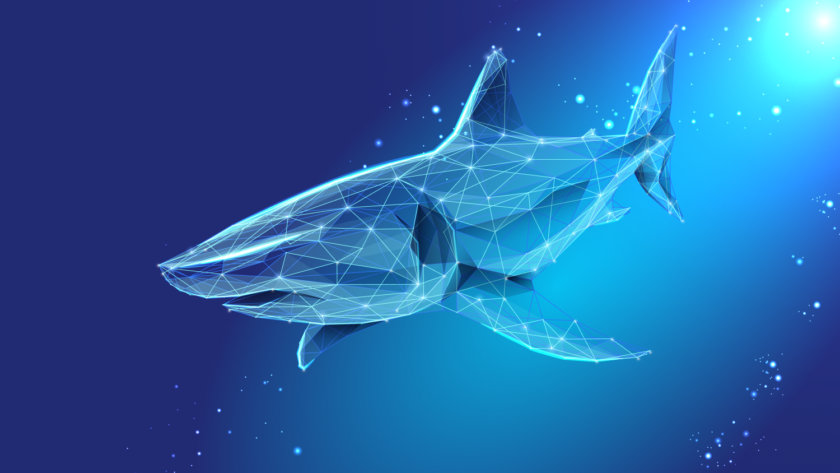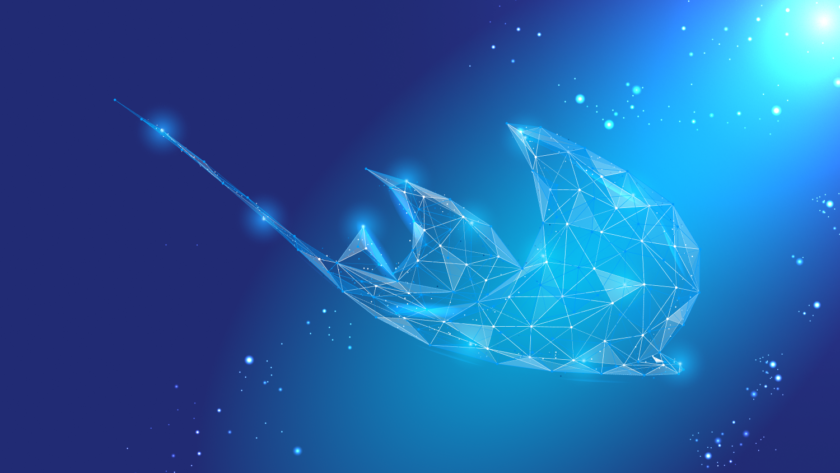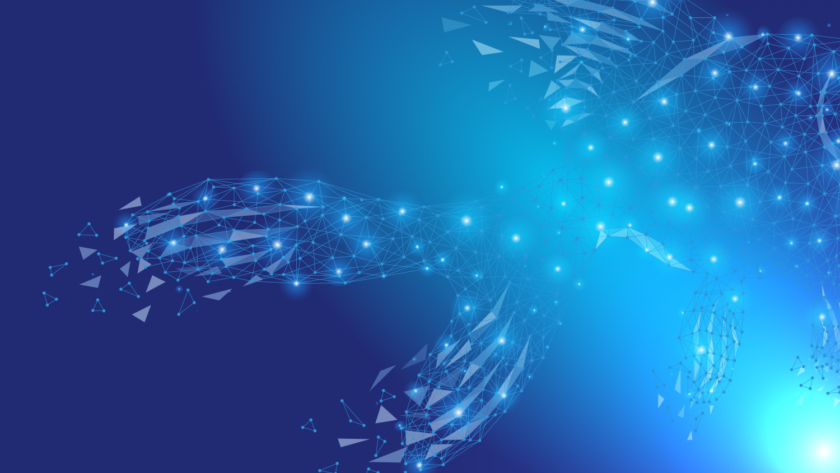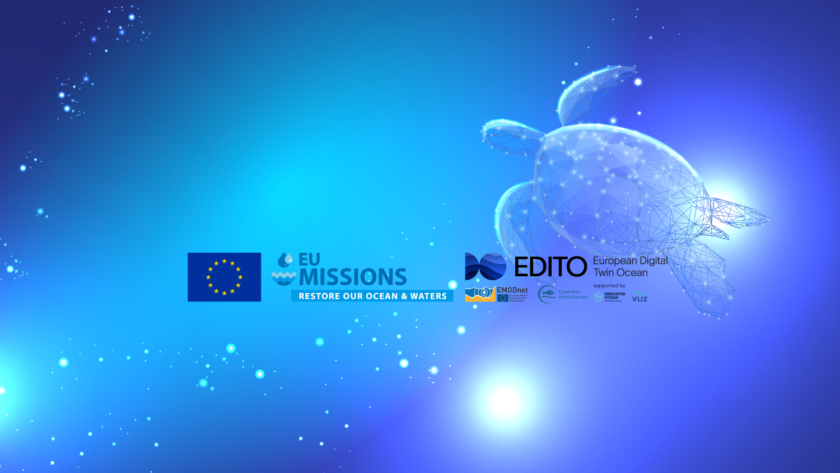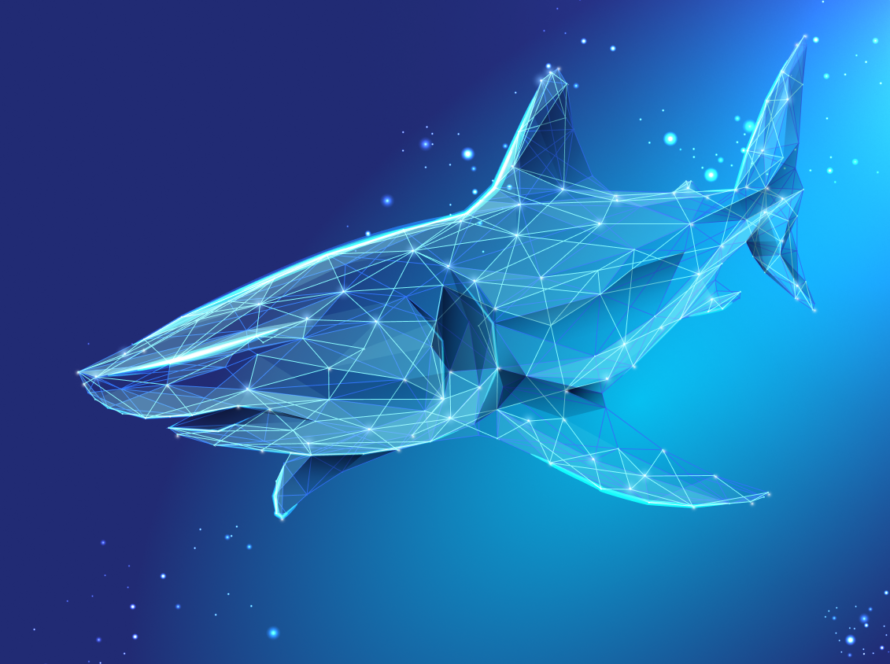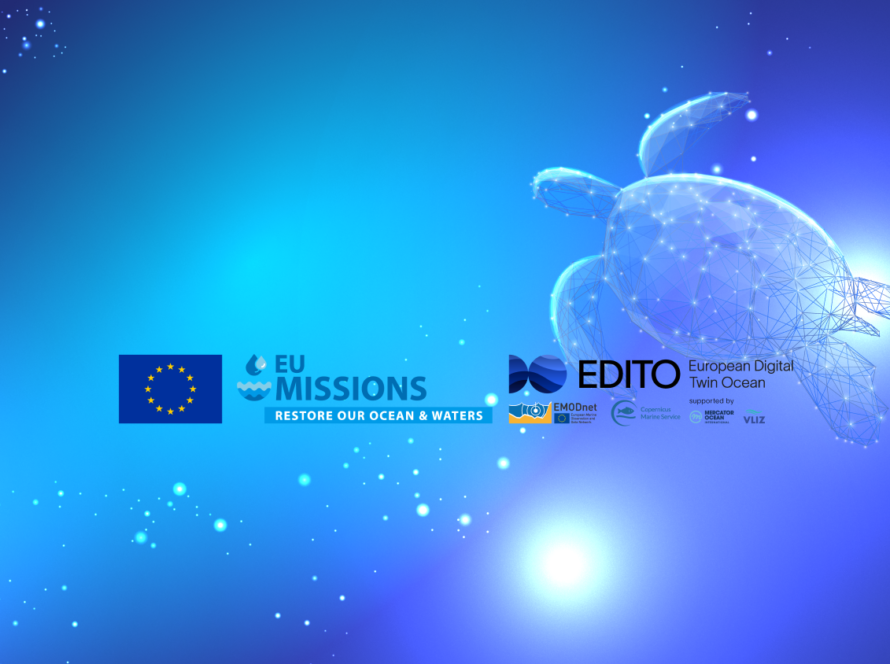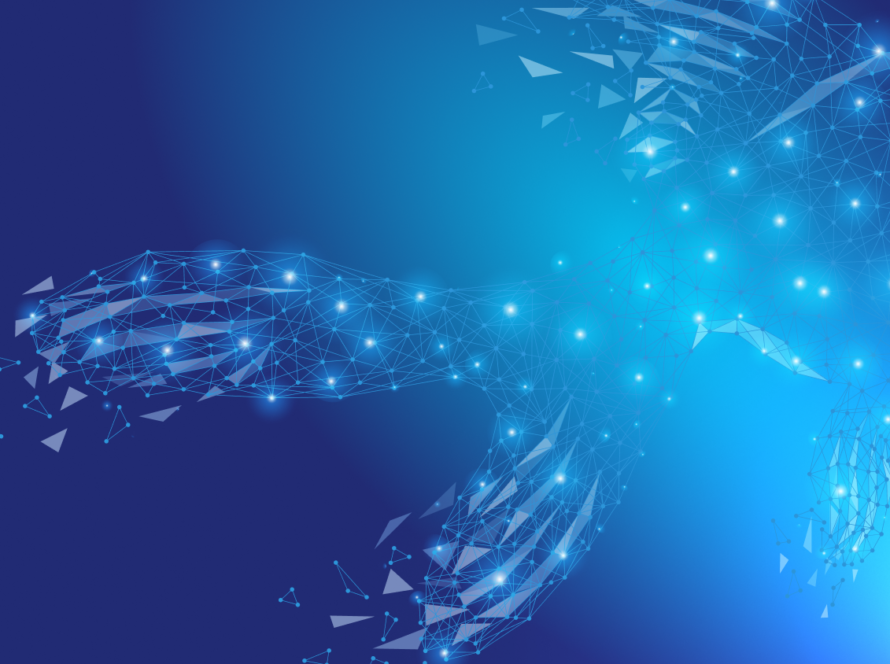How might we use collaborative science to advance our ability to predict risks from natural events, or to ensure a swift response to accidents at sea?
Global change is affecting the way that species feed, move, and inhabit the marine realm. Species migrations can have an impact on human livelihoods that rely on fisheries as a source of protein for human consumption. In addition, activities at sea carry risks to human life, and to wildlife. With your help, we can evolve early warning mechanisms to anticipate a more effective response to global change.
How could you tackle this challenge? Here are some ideas for inspiration. Using the resources provided across the Blue-Cloud Virtual Research Environment (but especially those available in the Virtual Lab “Integration of coastal ocean observations along Europe”):
-
- Suggest solutions to assess the impact of invasive species on offshore aquaculture farms
-
- Suggest solutions to assess the impact of oil spills on Marine Protected Areas and on the coast
-
- Suggest solutions to assess the impact of extreme events on offshore aquaculture farms
-
- Propose solutions to further understand regional ocean circulation and changes (with impacts on marine ecosystems) using glider-derived ocean indicators.

